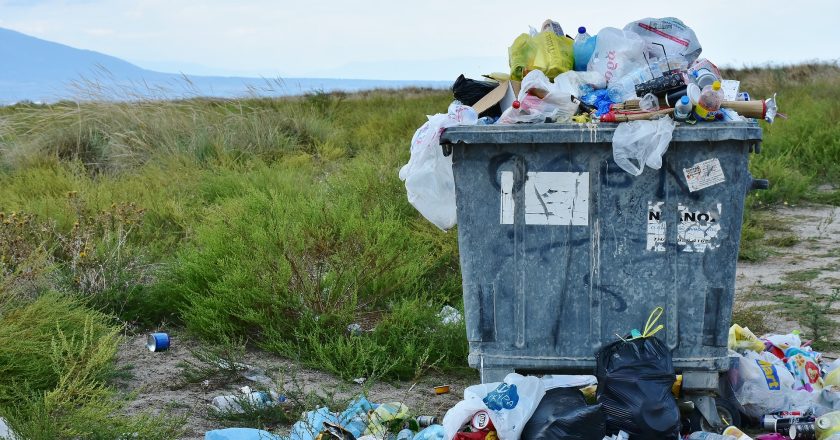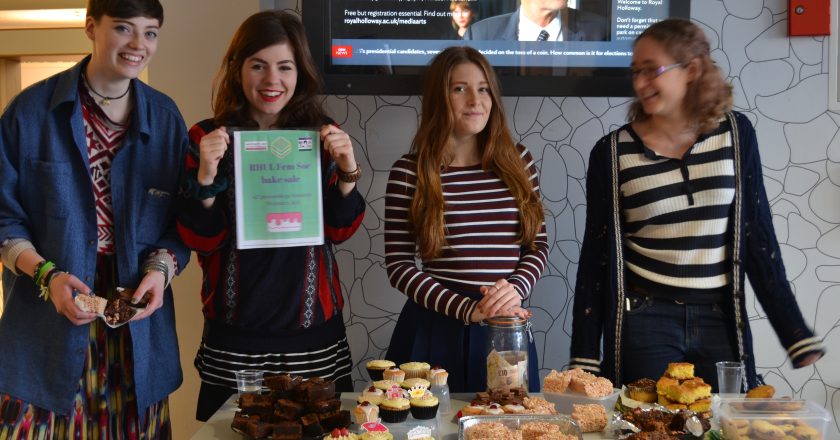Talking Trash
Plastic is still a relatively new material, but it has transformed all aspects of our lives, and the world today would look very different without it. But 60 years later, 6.3 billion tonnes of plastic waste has been produced, and 79% of that is in landfill or in the natural environment. The impact of this is immense; plastic waste produces huge amounts of greenhouse gases, and can be fatal for marine life when it ends up in the ocean.
The real issue lies with single-use plastic in the form of plastic bottles, food packaging, and the like, which despite being used only once, take 450 years to decompose. Reducing our use of these items could make a tangible difference, and we’ve all heard the stats, so what stops us from making more eco-friendly choices?
Not buying single-use plastic a...









